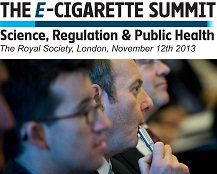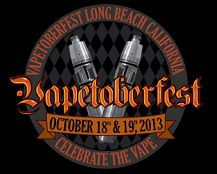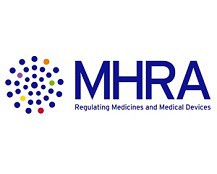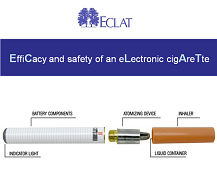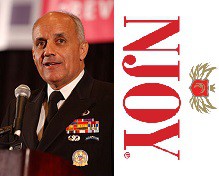An interview with RunnerX (Jim Oliver), the man who ran the entire New York City Marathon while vaping.
Today the Royal Society became the site of the E-Cigarette Summit, a day dedicated to debating the safety, efficacy and regulation of e-cigarettes. The day was split into three sessions, firstly looking at the safety and efficacy, then moving on to regulation, and finally looking at the controversies surrounding the technology.
The city of Beverly Hills recently proposed a pair of ordinances which would ban the usage of e-cigarettes in places where smoking is already outlawed and place a temporary ban on their sale pending further investigation into their safety.
Amidst continual pressure by the FDA to regulate electronic cigarettes, industry continues to thrive and move forward under the guidance of several intelligent, level-headed minds. Among the most tempered and admired voices in the field is Boston University School of Public Health's Dr. Michael Siegel.
According to the results, youth use of e-cigarettes doubled between 2011 and 2012, but the truth can’t be crammed as succinctly into a jaw-dropping headline. To see what the results really mean, you need to look at what they actually did and what they actually found.
Here in the states, we awoke to big news this morning from our neighbors across the pond. Today, Members of European Parliament voted on several revisions to the Tobacco Products Directive. Among them was a vote on whether or not to classify e-cigarettes as medicinal products, restricting sales to pharmacies for products with a nicotine concentration over 4%, or 4 mg/ml.
Day 2 of the Electronic Cigarette Convention in Anaheim featured a workshop on e-cig regulations and e-liquid safety by Azim Chowdhury, Lou Ritter and Linc Williams from AEMSA.
Recap of the 2013 Electronic Cigarette Convention in Anaheim, CA, presented by West Coast Vapers Club.
New York City’s Mayor Bloomberg has proposed new legislation which, if enacted, would effectively ban the sale of flavored e-cigs and redefine “tobacco products” under the law to include them.
The Medicines and Healthcare Products Regulatory Authority (MHRA) in the UK has recently announced that it will regulate e-cigarettes (as well as other nicotine-containing products) as medicines from 2016 onwards. This move is a huge step forwards for the e-cig industry – despite some concerns – but what will the legislation mean for UK vapers? And is the FDA likely to pursue their regulation in the same vein?
The effectiveness of electronic cigarettes as a quit smoking aid just received a huge boost with a new Italian study published on the scientific journal PLOS ONE. In the first ever clincal trial on the effectiveness of tobacco reduction and smoking cessation rates using e-cigarettes, ECLAT found up to a 13 percent quit rate in participants over a 52 week period.
Oklahoma Senator Rob Johnson’s proposed bill to impose a small tax on e-cigs, formally ban their sale to minors and require any vendors to be licensed seems like a harmless and sensible piece of legislation on first reading about it. However, there is a darker vein lurking in the densely layered legalese and clunky phrases like “vapor products,” since the bill would also make it illegal to buy e-cigs online and for sellers in the state to buy their products from anybody other than Oklahoma-based distributor or wholesaler.
Njoy, more famous recently for the controversial TV ad, has made a landmark addition to their board of directors, appointing former Surgeon General Dr. Richard Carmona. The calls for increased regulation of the e-cigarette industry come notably from groups generally critical of e-cigs, but Njoy’s decision reflects the fact that e-cigarette manufacturers themselves also rank their customer’s health as their primary concern. This is obvious to anybody in the vaping community, but it will hopefully serve as a wake-up call for wider society.
No More Content


